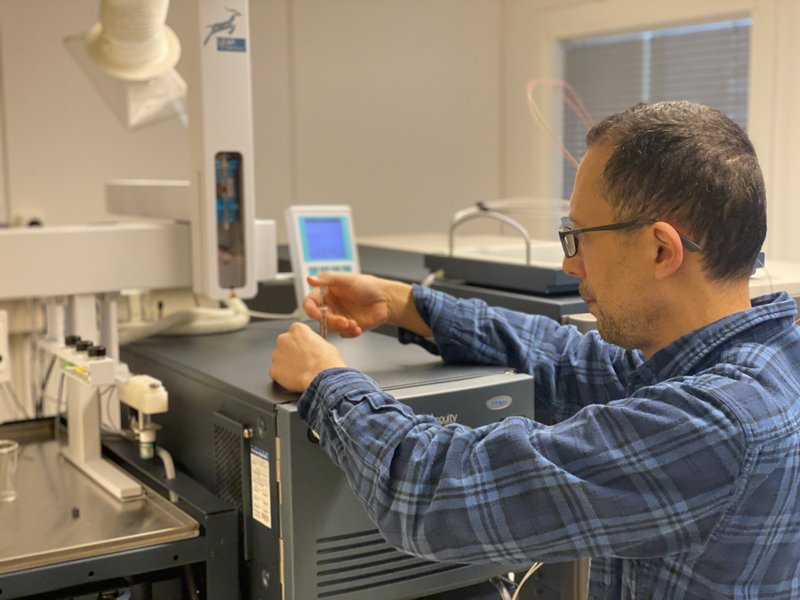Sekulić group uses HDX-MS to characterize antibody with potential for breast cancer treatment and diagnostics developed by Kyte group at Oslo University Hospital
The study used HDX-MS to map the epitope and paratope of the new high-affinity tumor-specific antibody developed against a variant of HER2. Antibodies directed against HER2 are already used in breast cancer therapy, and the new antibody developed by the collaboration has potential to be used as a diagnostic tool or future cancer treatment.

This article originally appeared on the NCMM website: https://www.med.uio.no/ncmm/english/news-and-events/news/2022/sekulic-group-collaboration-potential-breast-cancer-treatment.html
Sekulić group collaboration with Kyte group from Oslo University Hospital has resulted in a new published study entitled Development of a High-Affinity Antibody against the Tumor-Specific and Hyperactive 611-p95HER2 Isoform.
In the study, researchers addressed the unmet need for a molecular antibody (mAb) with high affinity and specificity against a truncated hyperactive isoform of human epidermal growth factor receptor 2 (HER2), called 611-carboxy terminal fragment (CTF)-p95HER2.
Human epidermal growth factor receptor 2 (HER2) expression is an important classifier in breast cancer that determines the line of therapy. Many breast cancers overexpress isoforms of HER2 with truncated carboxyterminal fragments (CTF) known as p95HER2 that are resistant to therapies targeting full-length HER2.
There is currently no approved diagnostic assay to identify this subgroup and no therapy targeting this mechanism of tumor escape. The purpose of this study was to develop a monoclonal antibody (mAb) specific against 611-CTF-p95HER2. The antibody can be used to further develop antibody- or cell-based therapies targeting p95HER2, as well as a diagnostic assay to identify p95HER2+ disease.
Using Norway’s first and currently only hydrogen/deuterium exchange mass spectrometry (HDX-MS) instrument located at the Centre for Molecular Medicine Norway (NCMM), Sekulić group was able to map the epitope and paratope of the new high-affinity tumor-specific antibody developed against a variant of HER2. The identification of the epitope on the antigen and the paratope on the antibody opens up possibilities for the design and development of new and improved antibodies against this variant of HER2.
Original publication: Dorraji, E.; Borgen, E.; Segura-Peña, D.; Rawat, P.; Smorodina, E.; Dunn, C.; Greiff, V.; Sekulić, N.; Russnes, H.; Kyte, J.A. Development of a High-Affinity Antibody against the Tumor-Specific and Hyperactive 611-p95HER2 Isoform. Cancers 2022, 14
, 4859. doi.org/10.3390/cancers14194859